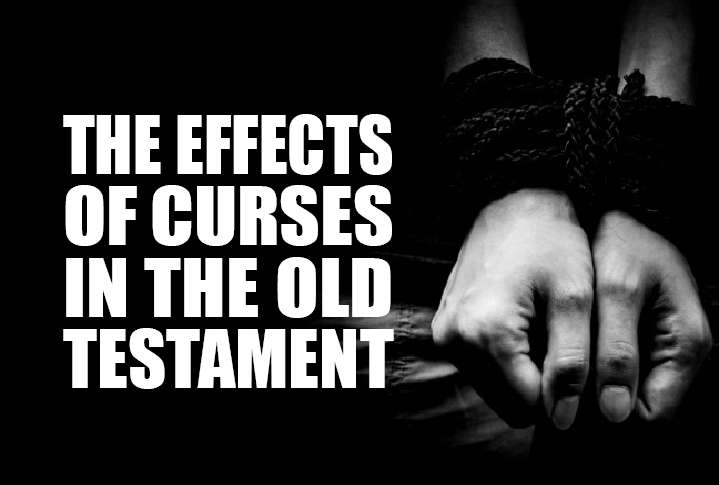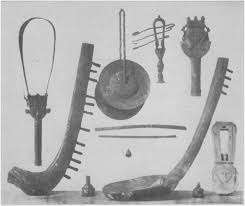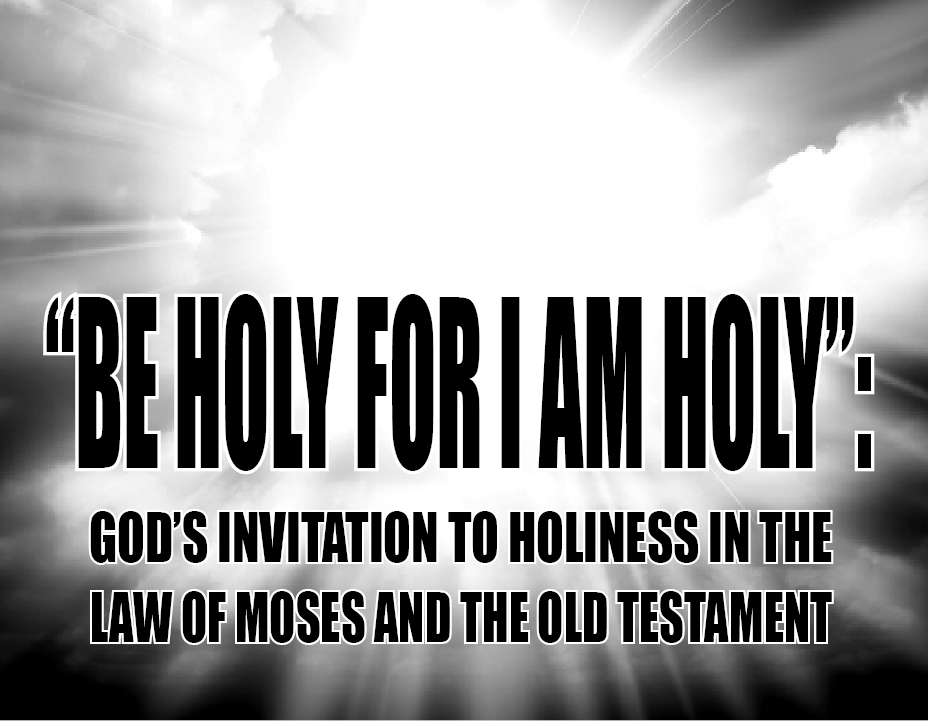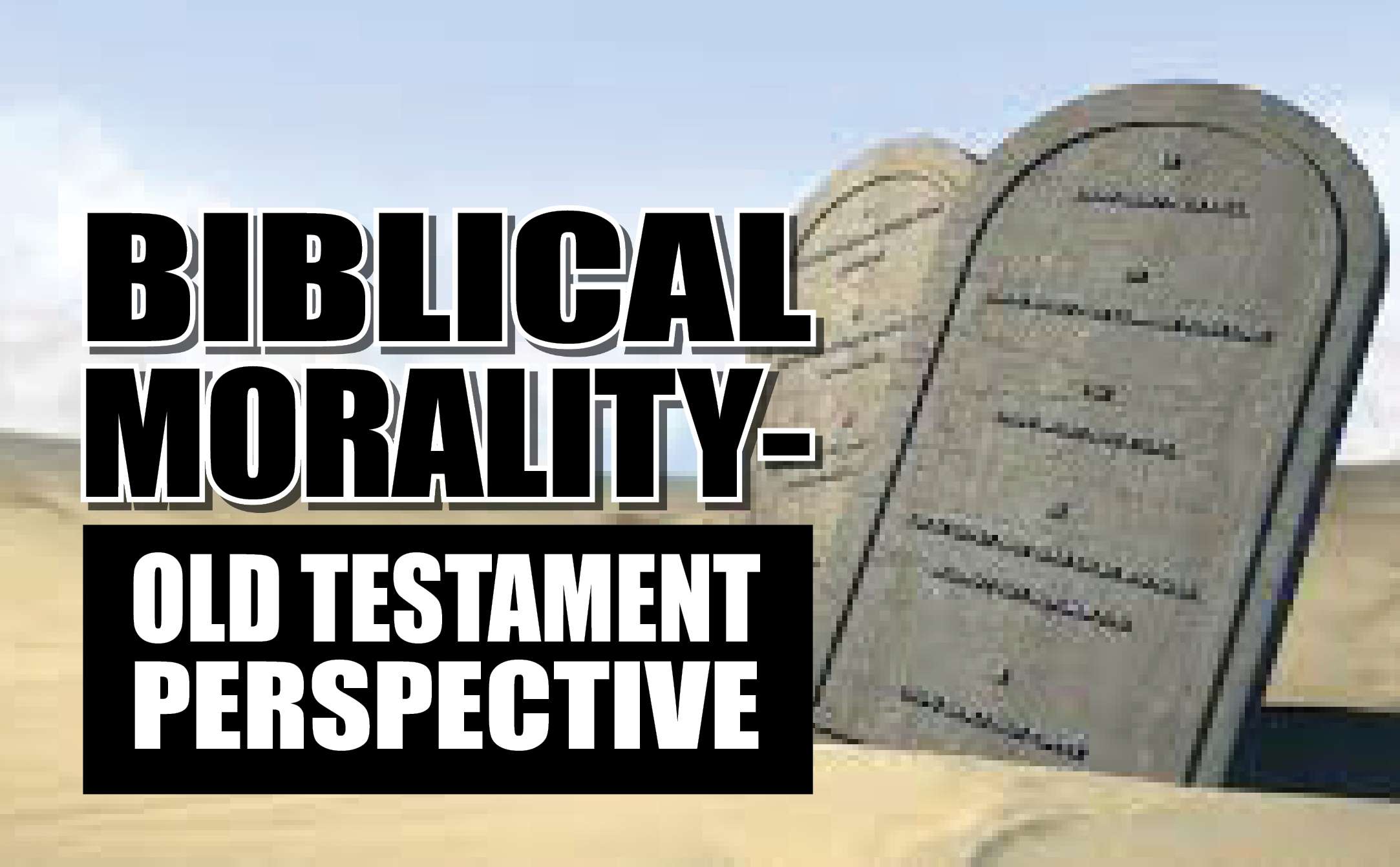

The Effects of Curses in the Old Testament
Pr. Jison Saju Joseph
Can curses do harm? The authors of the Hebrew Bible answered the question in different ways. At least three Hebrew verbs (’alah, ’arar, and qalal) can be translated "curse," though these terms cover a variety of oaths and covenant formulas uttered by people and the God of Israel. Curse can be defined as the use of powerful words to invoke supernatural harm. Curses can be human or divine, oral or written, personal or collective. Some curses are binding, whereas others are conditional, such as the covenant curses pronounced in Deut 27-29.
Depending on their purpose and context, biblical curses can be approved (as in Deut 27-29) or condemned (as in Job 2:10), collective or individual, and they may combine political and theological aims (e.g., Jer. 24:9). Curses in the Hebrew Bible are varied and innovative, ranging from ethnic curses (against the Gibeonites in Josh 9) to curses that change into blessings (Num 22-24), insults hurled at King David (2Sam. 16), and a curse in the form of a flying scroll (Zech 5).
God’s Anger Resulted in Curses
God first cursed the first man and woman in the Garden of Eden. So, specifically, this is the first curse on the human kind. But does that curse still work today? For sure, since women still go through severe pains during labor and men sweat before they eat from the land, then it is some of the effects of generational curses we see today. (Genesis 3:16-17). Who can withstand God’s fearsome anger? He is slow to anger and everything he does is right. If mankind would keep on being disobedient to him, then man will face the wrath of God in full at the end of this world.
The curse on the serpent in Gen. 3:14 is really a judgment expressed as a curse. Biblical sacrifices could include curses. When God and Abram “cut” (made) a covenant in Gen 15, God commands Abram to cut animals as well. Such cutting of animals is a conditional curse that warns parties what will happen to them if they fail to uphold its terms: “And those who transgressed my covenant and did not keep the terms of the covenant that they made before me, I will make like the calf when they cut it in two and passed between its parts” (Jer. 34:18). The curse-like penalty of karet (Hebrew word for “cut,” usually of the sacrificial animal), of an individual being completely “cut off” from the people is used to punish failure to observe Passover or the Day of Atonement properly (Num. 9:13, Exod. 12:15, Exod. 12:19, Lev. 23:29-30). Slaughtering animals outside the temple area (Lev 17:9) or worshipping Molech (a Canaanite god), who was associated with child sacrifice, (Lev 20:2-5) are also violations that will result in karet. The proper way to atone for karet violations is with sacrifice or a scapegoat (Lev 4, Lev 16). In all these ways, the karet curse, like the cutting of a covenant, is directly linked to the language and imagery of sacrifice.
Sometimes people curse their own lives (Job 3 and Jer. 20), which can be an indirect criticism of the God who created them. The biblical expression “so may God do to me” (2 Sam 3:35, 2 Sam 19:13, 1Kgs 2:23, 2Kgs 6:31) accompanies a gesture indicating harm to the self in case the oath is violated. Biblical curses sometimes can work in reverse, backfiring as it were, as in the story of Balaam in Num 22-24. Through a great variety of forms and uses, biblical curses typically serve to affirm the sovereignty of the God of Israel.
Curses and Its Effects from the Bible
Looking through the Old Testament; after the flood receded, God’s children incurred curses unto themselves. Why? It was because they did something silly and ungodly. God blesses and curses when it is necessary and he is always right. The devil and even people around us can curse but can never give blessings that revive the soul and the body.
Bear in mind, a curse doesn’t mean ‘to use bad language’. It simply means that someone says, ‘He wants bad things to happen to you.’ And by saying that, it is likely evil forces will captivate on that and use it against you. There are good and evil in the power of the tongue.
Noah and his children is an example,-“And Ham, the father of Canaan, saw the nakedness of his father and told his two brethren without. And Shem and Japheth took a garment, and laid it upon both their shoulders, and went backward, and covered the nakedness of their father; and their faces were backward, and they saw not their father’s nakedness. And Noah awoke from his wine and knew what his younger son had done unto him. And he said, Cursed be Canaan; a servant of servants shall he be unto his brethren.”(Genesis 9:22-25).
Indeed, the curse manifested. This enslavement of the Canaanites surely fulfilled the prophetic curse put on their ancestor Canaan by his grandfather, Noah. We can see that this is the beginning of the concept of the effects of generational curses.
The Old Testament on Generational Curses
A generational curse was first mentioned in the Old Testament where it originated in the Ten Commandments (Ex 20:5), and was restated in Deuteronomy 5:9 where it says God “is a jealous God, punishing the children for the sin of the fathers to the third and fourth generation of those who hate me,” however, this is not what you might think. It’s not that the younger generation is cursed by God, but they have brought upon themselves the curse that disobedience brings. When parents live in disobedience, they can pass along this same lifestyle to their children, and then the next generation will follow in their parent’s footsteps and pass that same curse of disobedience on to their own children and grandchildren. That’s why it says the sins of the father pass on “to the third and fourth generations.” It’s not that the next generations are helpless victims because they can break that curse any time they want by obeying God. We read in Deuteronomy 5:33: “You shall walk in all the way that the Lord your God has commanded you, that you may live, and that it may go well with you, and that you may live long in the land that you shall possess.” A longer life is the result of obedience, but a cursed life comes as a result of disobedience, so it’s not that the next generations are helpless to do anything about being cursed…they simply must obey and God will bless them, and this is whether their parents obeyed God or not. Parents can visit upon their own children and grandchildren a curse by raising them to do the very same thing, but the children can do something about it, so a generational curse does not mean that the children and grandchildren are doomed to live a cursed life, regardless of what they do.
So what are we to make of verses that speak of God visiting the iniquity of the fathers on the children to the third and fourth generation? The answer is that the effects of a father’s sin influence generations to come. We see this today; with the saying “the apple does not fall far from the tree.” Generally speaking, the sins that a dad struggles with are often the one that his children struggle with. This is sobering to think about. A dad can influence generations to come with his sin and unbelief. Yet, this is not some kind of mystical curse placed by God on children because of their fathers deeds. God will continue to visit with his judgment each generation as they spurn the truth and continue in unbelief. Here is the great truth, a Godly man is blessed by God and the affects of his life far outlast the affects of an unbelieving father. Our God is good and gracious. Scripture clearly communicates that consequences - not curses - are passed on through the generations. In this sense, the Bible says that children are punished for the sins of their fathers “to the third and fourth generation.” The children of alcoholic fathers frequently suffer neglect and abuse as a direct consequence of their father’s sinful behavior. Moreover, the descendants of those who hate God are likely to follow in the footsteps of their forefathers.
“The Proverb of Sour Grapes” Corrected
“The word of the Lord came to me again, saying, ‘What do you mean when you use this proverb concerning the land of Israel, saying: 'The fathers have eaten sour grapes, and the children's teeth are set on edge’? ‘As I live,’ says the LORD GOD, ‘you shall no longer use this proverb in Israel. Behold, all souls are mine; the soul of the father as well as the soul of the son is mine’” (Ezekiel 18:1-4).Indeed, when ancient Israel quoted the proverb, “The fathers eat sour grapes, and the children’s teeth are set on edge” (Ezekiel 18:2), God responded in no uncertain terms: “As surely as I live, declares the Sovereign Lord, you will no longer quote this proverb in Israel….The soul who sins is the one who will die” (vv.3–4).
Many other prophetical voices also correct this same old proverb
Jeremiah 31: 29 “In those days they shall no longer say: ‘The fathers have eaten sour grapes, and the children's teeth are set on edge.’ “But everyone shall die for his own sin. Each man who eats sour grapes, his teeth shall be set on edge.”
Deuteronomy 24: 16 “Fathers shall not be put to death because of their children, nor shall children be put to death because of their fathers. Each one shall be put to death for his own sin.”
Ezekiel 18: 20 “The soul who sins shall die. The son shall not suffer for the iniquity of the father, nor does the father suffer for the iniquity of the son. The righteousness of the righteous shall be upon himself, and the wickedness of the wicked shall be upon himself.”
The Israelites were not to punish children for the crimes their parents committed. To do so charged them with guilt unjustly. It was a common thing among heathen nations-e.g., the Persians, Macedonians, and others-for the children and families of criminals to be also put to death (cf. Esther 9: 13, 14). In the cases where God executed the families of criminals, He may have done so because the family members were also responsible for the crime (v. 16; cf. Josh. 7:24-26). In any case God has the right to do things that He does not allow His people to do. It is one thing for children to suffer physically and socially because of their parents' sins (Exod. 20:5; Deut. 5:9). It is something else for human authorities to punish them for criminal acts that they have not committed.
Curses are affected Only on Wrongdoers: Each Person Responsible for Own Sin
Thus, a person shall be put to death for his own sin: God commands that each individual be responsible for their own sin; a father cannot be blamed and responsible for the sin of their (grown) children, and the children cannot be blamed and responsible for the sin of their parents. It is wrong for a parent to automatically blame themselves for their wayward children; though they may have a part in the problem, it isn't always the case. There are instances when God commands that a whole family be punished for sin, such as with the family of Achan in Joshua 7:16-26. When God deals with a whole family, it shows that there must have been some conspiracy between family members, for each is responsible for his own sin. However, scripture explicitly tells us that the son will not share the guilt of the father, nor will the father share the guilt of the son.










